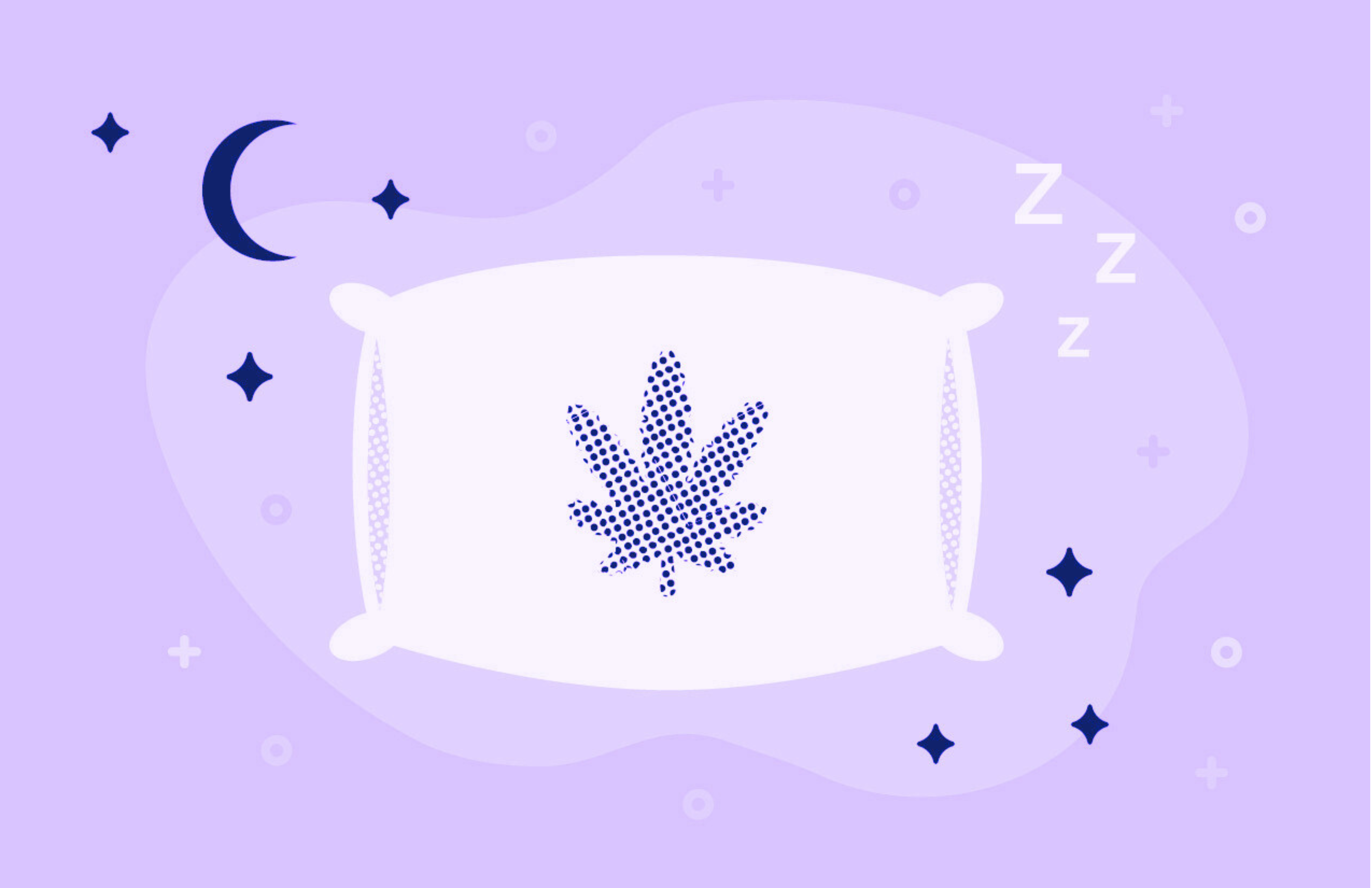Cannabis can have both positive and negative effects on sleep and dreaming, depending on a variety of factors, including the individual’s biology, the type and amount of cannabis used, and the timing of use. On one hand, cannabis has been found to have sedative properties, and many users report that it helps them fall asleep faster and stay asleep longer. This may be due in part to the effects of THC, the main psychoactive compound in cannabis, which can produce feelings of relaxation and drowsiness. However, research also suggests that cannabis can negatively impact the quality of sleep, particularly when used over the long term. Regular cannabis use has been associated with a reduction in REM sleep, the stage of sleep where dreaming occurs, and a decrease in the amount of time spent in deep, restorative sleep. This can lead to feelings of grogginess and fatigue upon waking, as well as an increased risk of daytime sleepiness and cognitive impairment.
THC, or tetrahydrocannabinol, is the primary psychoactive compound found in cannabis, and is known to have both sedative and disruptive effects on sleep and dreaming. On one hand, THC has been found to have sedative properties, and many users report that it helps them fall asleep faster and stay asleep longer. THC may achieve these effects by binding to receptors in the brain that are involved in sleep regulation, producing feelings of relaxation and drowsiness. However, research also suggests that THC can negatively impact the quality of sleep, particularly when used over the long term. THC has been shown to reduce REM sleep, the stage of sleep where dreaming occurs, and can also lead to a decrease in the amount of time spent in deep, restorative sleep. This can result in feelings of grogginess and fatigue upon waking, as well as an increased risk of daytime sleepiness and cognitive impairment.
CBD, or cannabidiol, is a non-psychoactive compound found in cannabis that has been studied for its potential therapeutic benefits, including its effects on sleep and dreaming. There is some evidence to suggest that CBD may have a positive impact on sleep. In a 2019 study, for example, researchers found that adults with insomnia who took 25 mg of CBD each day for a month experienced improvements in both sleep quality and quantity.
CBN, or cannabinol, is a minor cannabinoid found in cannabis that is known to have some sedative properties. While research on CBN and its effects on sleep and dreaming is limited, some studies have suggested that it may have potential as a sleep aid. In a 1975 study, for example, researchers found that CBN was effective in prolonging sleep in mice, and suggested that it may have potential as a sedative in humans. More recently, a 2017 study found that a combination of THC and CBN produced greater sedative effects than THC alone, indicating that CBN may enhance the sleep-inducing effects of THC.
In addition, cannabis can affect dreaming in various ways. Some users report that cannabis suppresses their dreams or makes them less vivid, while others report experiencing more intense and vivid dreams when they stop using cannabis after a period of regular use. This may be due in part to the way that cannabis affects the brain’s ability to regulate REM sleep, which is thought to play a role in the creation and recall of dreams. THC can have disruptive effects on dreaming. Research suggests that THC can suppress REM sleep, leading to fewer and less vivid dreams. Some users report experiencing more intense and vivid dreams when they stop using cannabis after a period of regular use, as their brain attempts to “catch up” on lost REM sleep. So while THC can have sedative effects that may help with falling and staying asleep, it can also have negative impacts on sleep quality and dreaming. CBD on the other hand has been shown to have anxiolytic (anti-anxiety) effects, which may help to reduce the mental and emotional stressors that can interfere with sleep. Unlike THC, which is known to suppress REM sleep, CBD has not been found to have a significant impact on the sleep stages that are associated with dreaming. In fact, some research suggests that CBD may actually increase REM sleep, which could lead to more vivid dreams. It is worth noting, however, that research into the effects of CBD on sleep and dreaming is still relatively limited, and the results of studies can be mixed. Factors such as dosage, individual biology, and the specific form of CBD used (e.g. oil, capsule, edible) can all impact how CBD affects sleep. While CBD shows promise as a sleep aid and may have some positive effects on dreaming, more research is needed to fully understand its effects and potential risks.
The effects of CBD, CBN, and THC together on sleeping and dreaming can vary depending on the ratios and concentrations of each compound. However, there is some evidence to suggest that the combination of these cannabinoids may have potential as a sleep aid. CBD and CBN are both known to have sedative properties, while THC can enhance the sedative effects of these compounds. Studies have suggested that the combination of THC and CBN may produce greater sedative effects than THC alone, indicating that CBN may enhance the sleep-inducing effects of THC. CBD, on the other hand, is not known to have the same negative impact on REM sleep as THC, and may actually increase the amount of time spent in this stage of sleep. This could potentially lead to more vivid dreams.
All in all, the effects of cannabis on sleep and dreaming are complex and can vary widely depending on a number of factors. While some users may find that cannabis helps them sleep better, others may experience negative effects on sleep quality and dreaming. More research is needed to fully understand the effects of CBD, CBN, and THC together on sleeping and dreaming, but some studies do suggest that the combination of these cannabinoids may have potential as a sleep aid. As with any substance, it is important to use these compounds responsibly and to consult with a healthcare provider if you have concerns about how they may be affecting your sleep or overall health.













